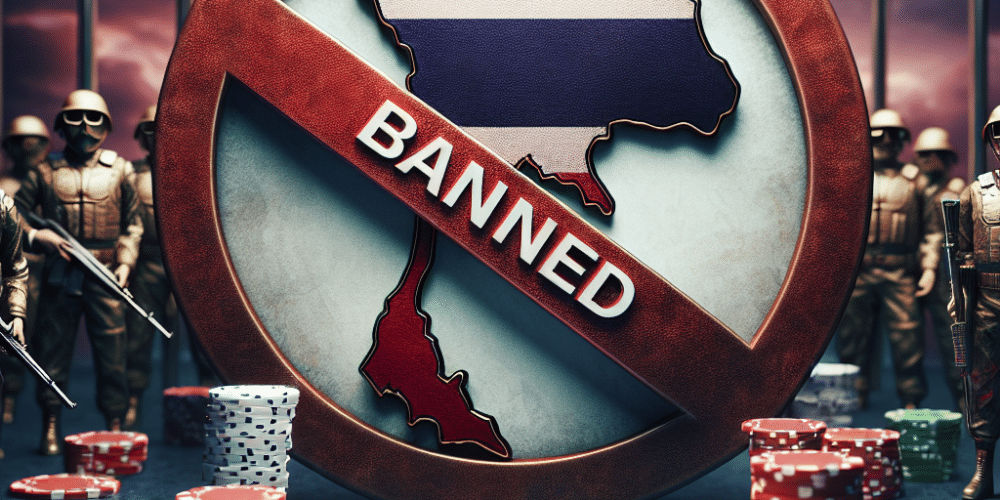Thailand’s newly elected prime minister, Anutin Charnvirakul, wasted no time in setting a clear agenda against gambling activities as soon as he assumed office on September 5. One of his first actions was unequivocally shelving any plans to legalize casino resorts in the country, a move that has sent ripples through the gambling community and business sectors alike.
Taking his anti-gambling stance further, Anutin announced a sweeping ban on poker games, tournaments, and events across Thailand. This decision effectively disrupts not only those directly hosting such events but also advertisers and marketers who had been supporting the burgeoning poker scene. The news, initially reported by Asia Gaming Brief, marks a significant setback just as Thailand was beginning to establish itself in international poker circuits and event calendars.
Anutin’s crackdown is not without precedent. Known for his lifelong opposition to gambling, he views all forms of it, even regulated ones, as contributing to societal issues. As the interior minister, he had expressed his objections to the activity, and now, armed with the power of the prime minister’s office, he has taken decisive action. His efforts align with ongoing government campaigns against illegal gambling, which recently resulted in the arrest of 18 individuals involved in unauthorized gambling promotions.
Industry experts suggest that Anutin’s hardline approach is driven by a belief in protecting social welfare and maintaining public order. “The harms outweigh the benefits,” seems to be the underlying philosophy as he steps up efforts to dismantle gambling-related activities. This perspective resonates with some segments of the Thai population who are concerned about the moral and financial implications of gambling on families and communities.
Despite this, there are dissenting voices. Advocates for the gambling industry argue that regulated gambling could potentially provide substantial economic benefits. Legalizing and regulating casino resorts and poker tournaments could generate significant revenue through taxes, boost tourism, and create jobs, they suggest. These proponents point to models in neighboring countries where regulated gambling contributes to economic growth while maintaining oversight to minimize harm.
The debate around gambling in Thailand is not just about economics but also deeply intertwined with cultural and moral values. Anutin’s policies reflect a particular vision for Thai society, one where public morality and social cohesion take precedence over potential financial gains. However, the push for a blanket ban might not resonate with everyone, especially those who see potential revenue streams slipping away.
Moreover, there is a call for a more nuanced approach. Some experts argue for exploring regulated frameworks that could allow gambling while imposing strict controls to address the prime minister’s concerns. They point to the possibility of creating a balanced model that prioritizes safeguarding individuals and communities while also tapping into the economic benefits.
Looking at the broader regional context, Thailand’s neighbors present a mix of policies on gambling, with countries like Singapore providing examples of how to manage the industry. Singapore has established a tightly regulated casino industry, generating substantial revenues while implementing measures to mitigate social issues. Such examples are often cited by proponents in Thailand as evidence that it is possible to balance regulation with economic and social interests.
Prime Minister Anutin’s unwavering stance underscores a commitment to his vision of Thailand. Yet, this stance could face challenges as the economic implications become clearer. With global poker circuits and international events being lucrative, the outright ban could potentially lead to missed opportunities for international partnerships and investment.
In conclusion, Thailand stands at a crossroads with its gambling policy. Anutin Charnvirakul’s administration has taken a firm position against gambling, focusing on societal welfare and moral concerns. However, as discussions continue, it remains to be seen whether economic arguments and calls for a regulated approach will influence future policies. The outcome will likely shape Thailand’s place in the regional and global landscape of the gambling industry.

















